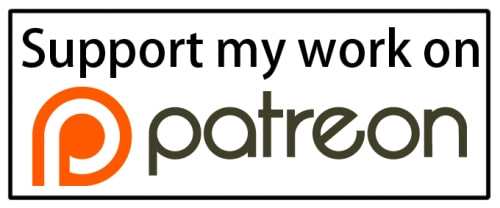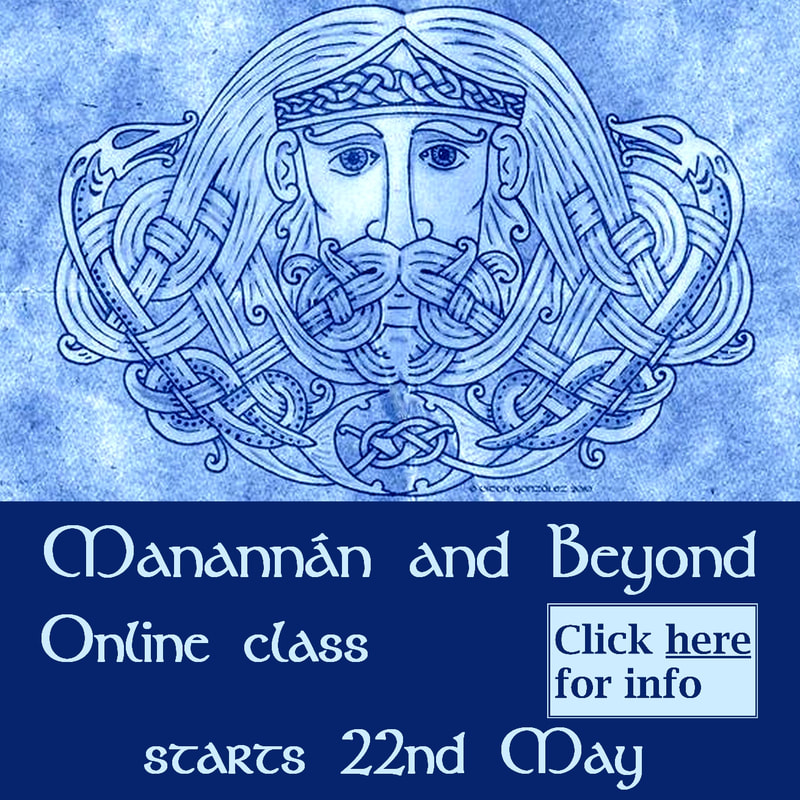There is something about antlers that gets people quite stirred up, and brings out the theories, and I’m not just talking about Abbot’s Bromley. There are other instances of people doing interesting things with antlers, and it’s a natural function of the human mind to try to connect them all, whether they should be connected or not. I suppose there is a “gullible” path of labelling everything as ancient and magical, and a “scientific” path of debunking everything unless there is a stack of peer reviewed evidence. This post is neither. It’s more of a jumble of ideas. Lay the cards out. Make your own spread. Draw your own conclusions, or just ponder on the wonder of things.
For example, there’s the so-called Sorcerer figure from the cave of the Trois Freres in France. This 15,000-year-old cave painting, has spawned many theories and disputes, not least concerning the accuracy of the first sketches of the figure compared to what is actually on the cave wall. Whether it represents a belief in shapeshifting, a shamanic figure, a character from a long-lost myth, or a disguised hunter is an open question. It does seem to be a partially human figure with antlers, though.
You may have seen some sensational reports from sites like Ancient Origins (not a good source of information, in my opinion) stating that the modified deer skulls found at Star Carr, in Yorkshire, are “masks, with carved eye-holes”. These articles are usually accompanied by a suitably angled photo of the headdress to make this look believable, and a mystery-invoking headline. Actually, one of the few things archaeologists are sure about is that these wonderful objects are not masks, and the drilled holes are to allow them to be tied to the head, or perhaps to a cap of some kind worn on the head. The reason this is known is by the way material on the inside of the skulls has been removed to allow them to sit on a human head.
Whatever it was, the practice must have been widespread. Similar antler frontlets have been found at several sites in what is now Germany. Siberian shamans also sometimes wear antlers in their work, and there are traditional deer dances in many Native American cultures as well. I remember seeing these done in Southern Colorado, or maybe New Mexico, when I was a child. The dancers would have been from the Hopi or Zuni nations, I think, but I’m no longer sure. It was late at night, I was small and sleepy, but I remember that it was magical.
The antler headdresses found at Star Carr are from the Mesolithic period, but interesting things were going on with people and deer in Europe in the Neolithic, too. As the ice retreated and people began to recolonize northern Scotland, and its islands, from further south in Europe, they brought red deer with them. In boats! Genetic studies done a few years ago comparing ancient DNA from these deer to their modern counterparts on islands which they couldn’t have reached by swimming (or crossing ice or land or anything like that) shows that the deer on Orkney and the Isle of Lewis did not come from mainland Scotland, or even from nearby Scandinavia, but were brought from southern and central Europe (possibly Iberia).
This raises a lot of questions. Were the deer tame? If not, how did they get them into boats? How big were the boats? Whatever the answers, deer haplogroups may prove to be an important piece of the puzzle concerning human migrations, and this information gives us a lot to think about as far as the importance of deer to our European ancestors.
Jumping forward now to the 6th century AD, we know that people in Europe were still (or again) dressing up as animals, this time, much to the annoyance of the early church. The Council of Auxerre (circa 578 AD) states that “It is forbidden to masquerade as a bull-calf or stag on the first of January.” And there was another, similar edict about 100 years later. Again, exactly what was going on isn’t clear, and there is no reason to believe that it was “shamanic”. One theory is that is was simply a part of traditional midwinter revels, which involved a great deal of merrymaking and dressing up, and in which the idea of reversal was important. This was a kind of role reversal in which kings might behave as servants and paupers as nobility. When the ordinary rules of society were not only suspended, but meant to be flaunted, and this included dressing up as animals and in other disguises – perhaps the better to avoid being called out later by the clergy or other offended parties.
Further reading and viewing
One interpretation of Star Carr (documentary clip)
Thoughts about the antler frontlets (documentary clip)
The cult of the deer and "Shamans" in Deer hunting society - Nataliia Mykhailova
Colonization of the Scottish islands via long-distance Neolithic transport of red deer (Cervus elaphus) - David W. G. Stanton, Jacqueline A. Mulville and Michael W. Bruford
Becoming deer. Corporeal transformations at Star Carr - Chantal Conneller
Abbot’s Bromley Horn Dance Short documentary
The Stations of the Sun – Ronald Hutton – Oxford University Press 1997 – discussion of Abbot’s Bromley Horn Dance p90-91
Holding the World in Balance – Terri Windling – wonderful blog post about deer dancers all over the world, illustrated with amazing photos.

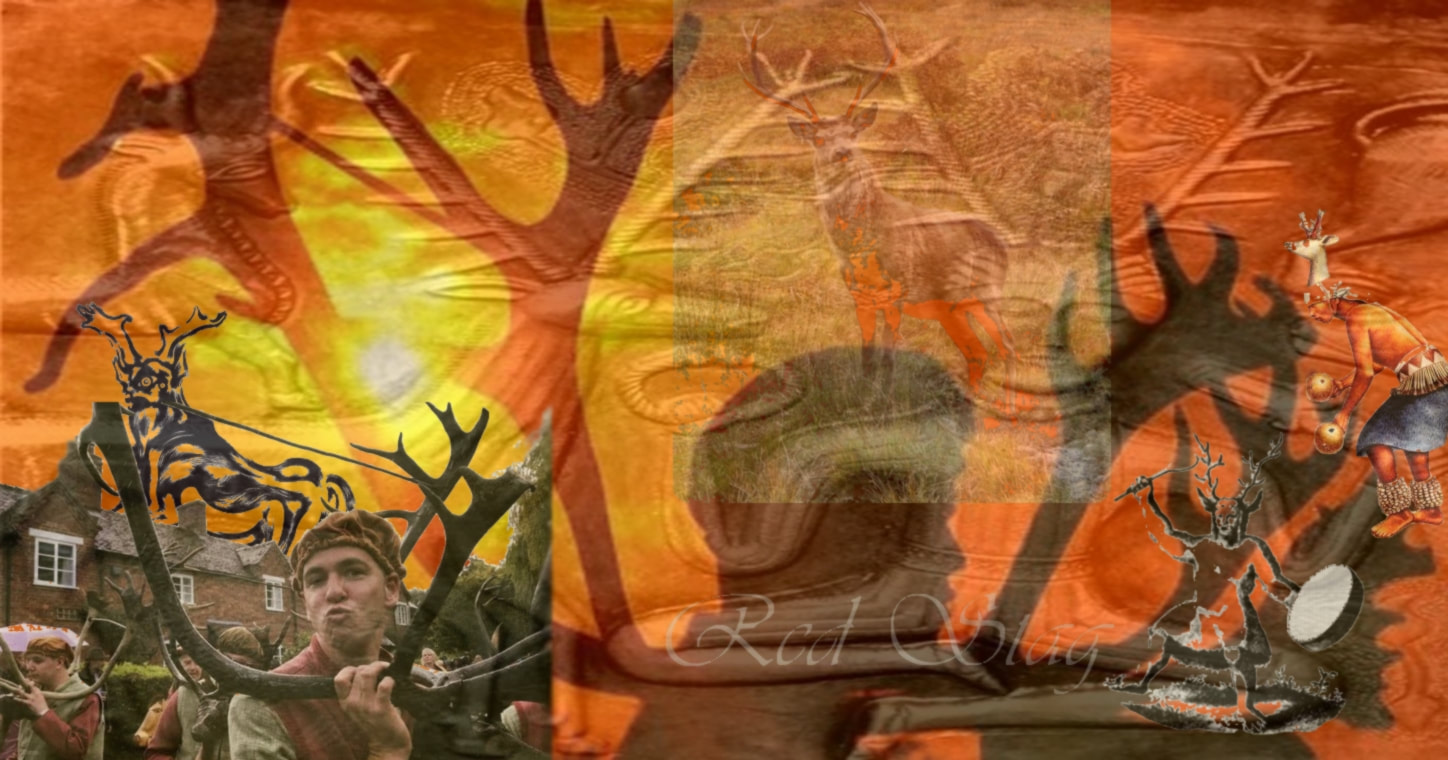
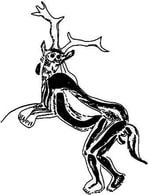
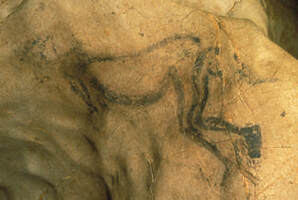
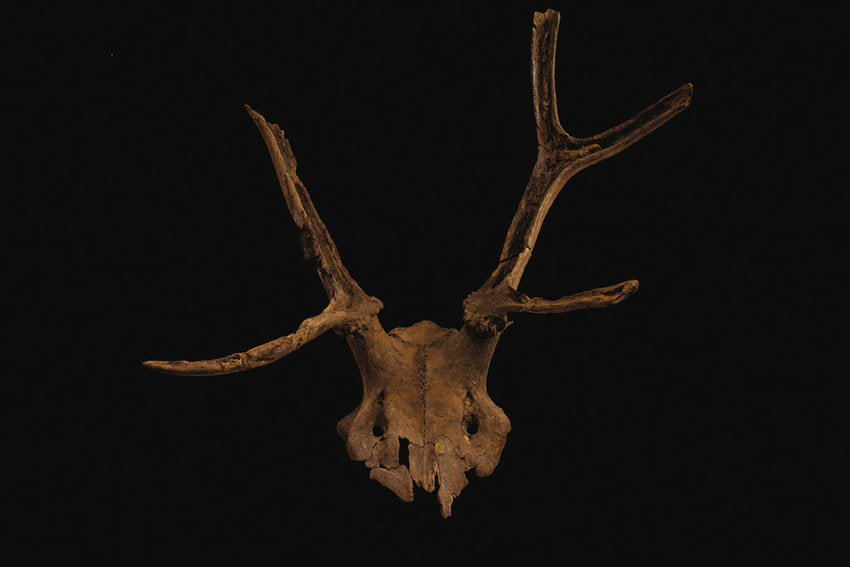
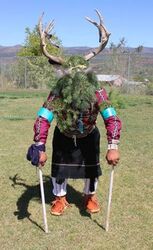
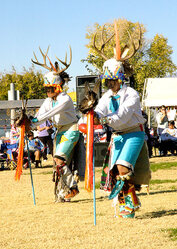
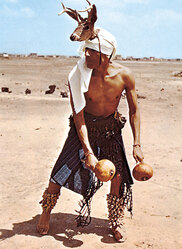
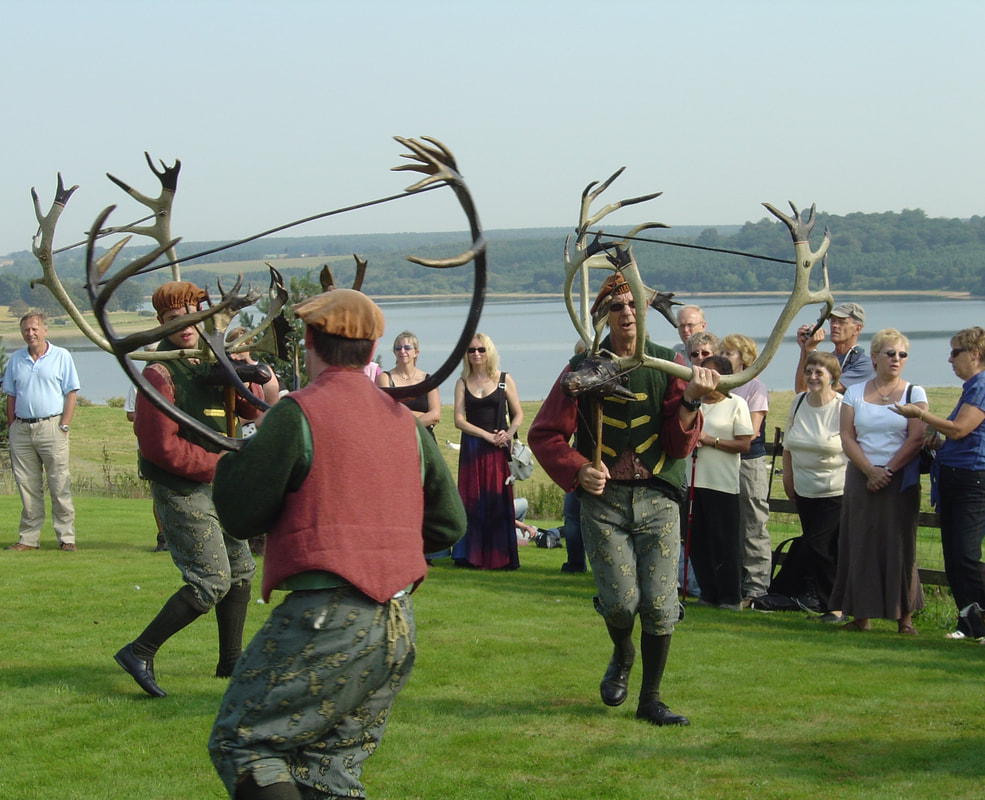

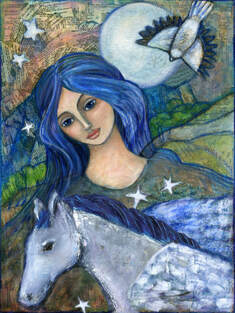
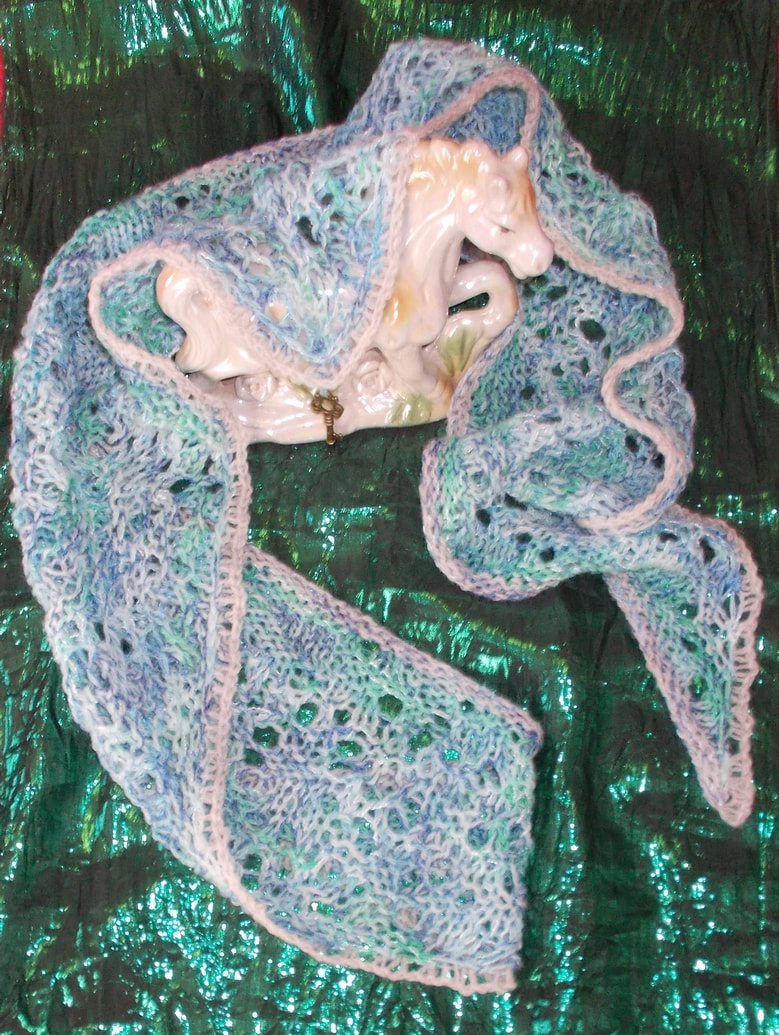
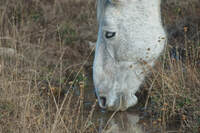

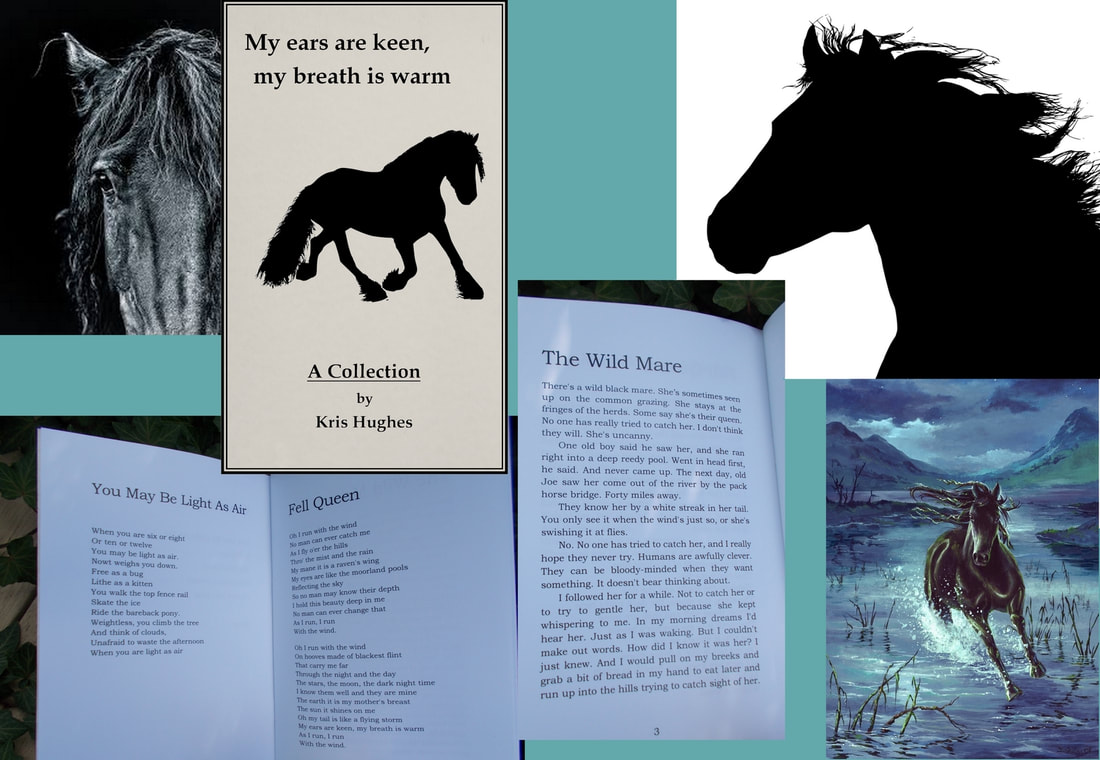

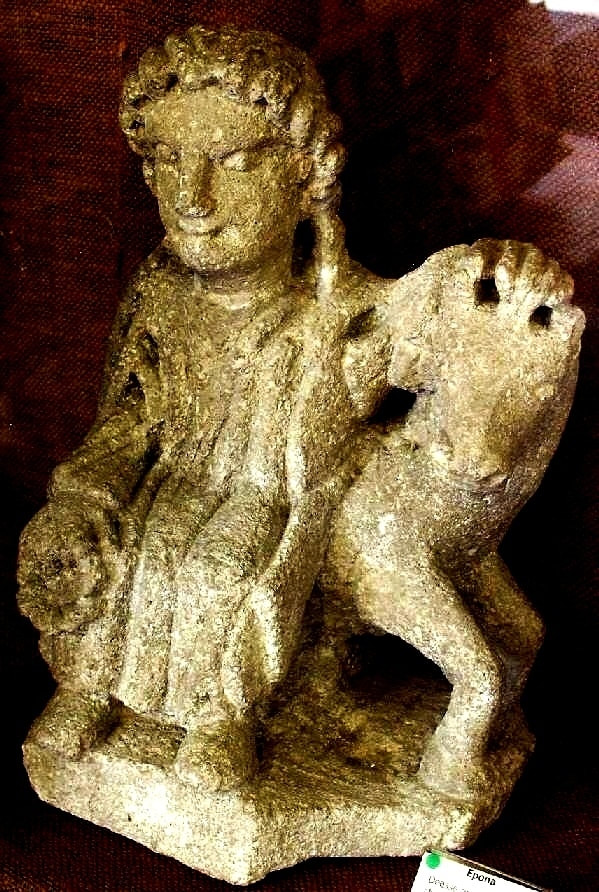
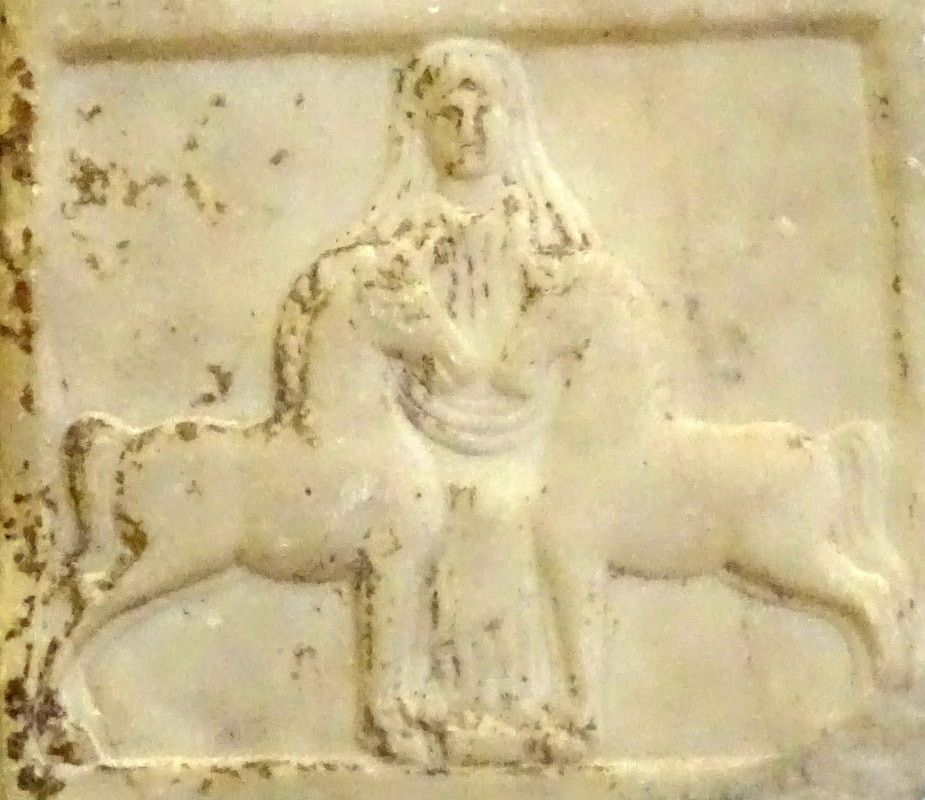
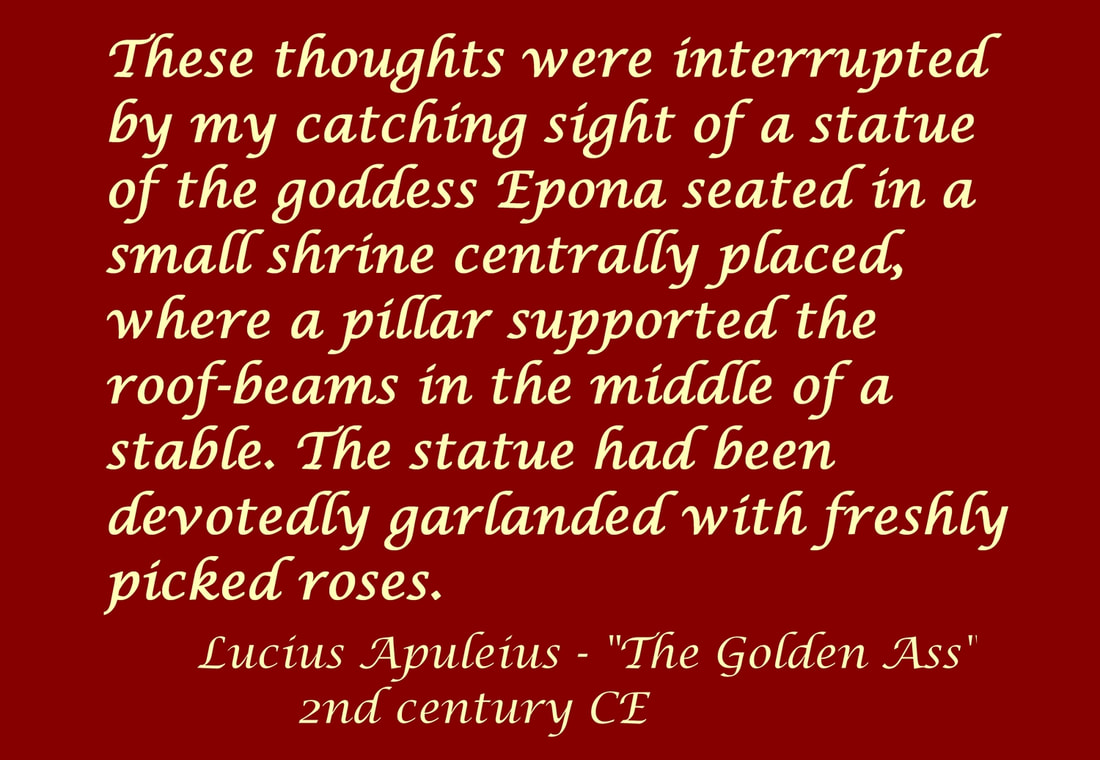
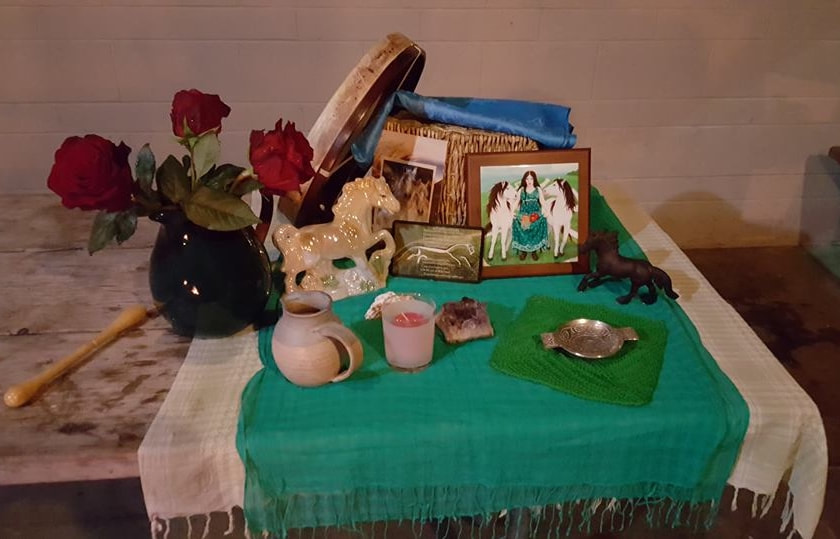
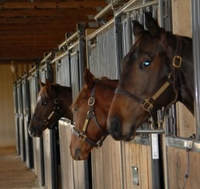
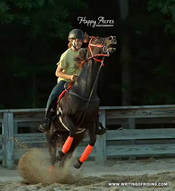
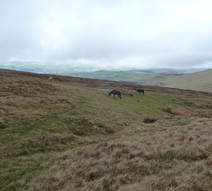
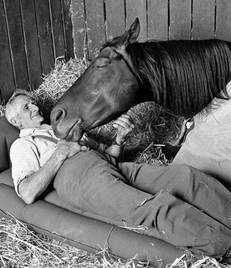
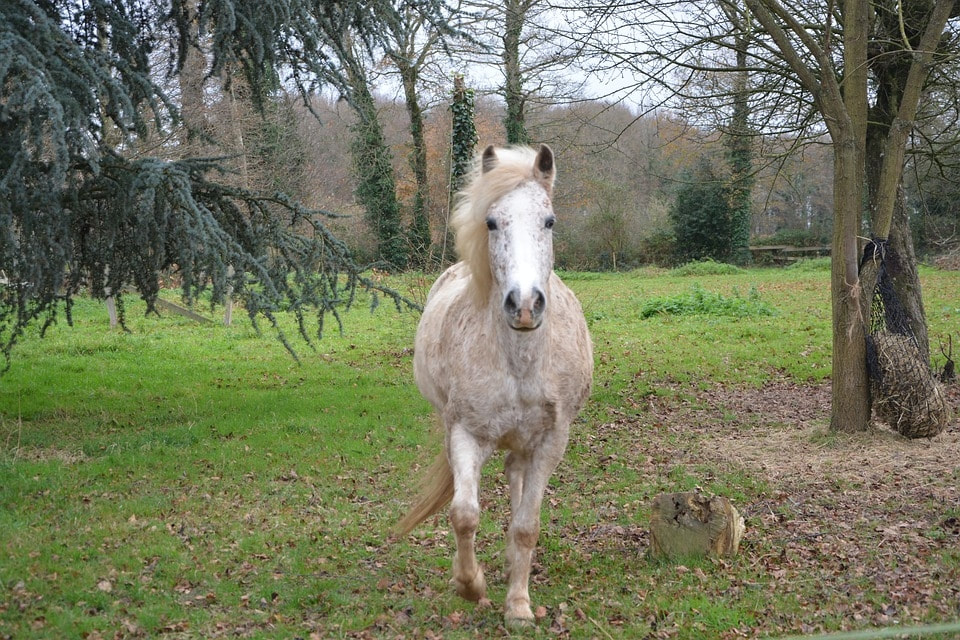
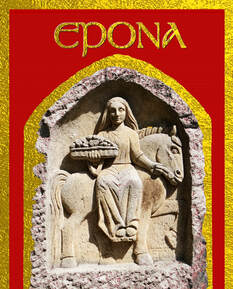

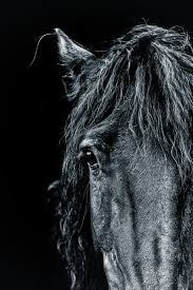
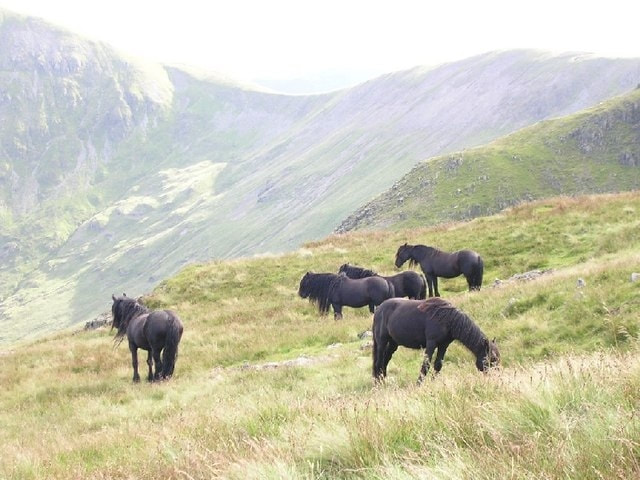
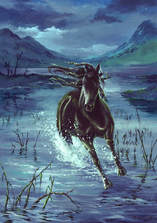
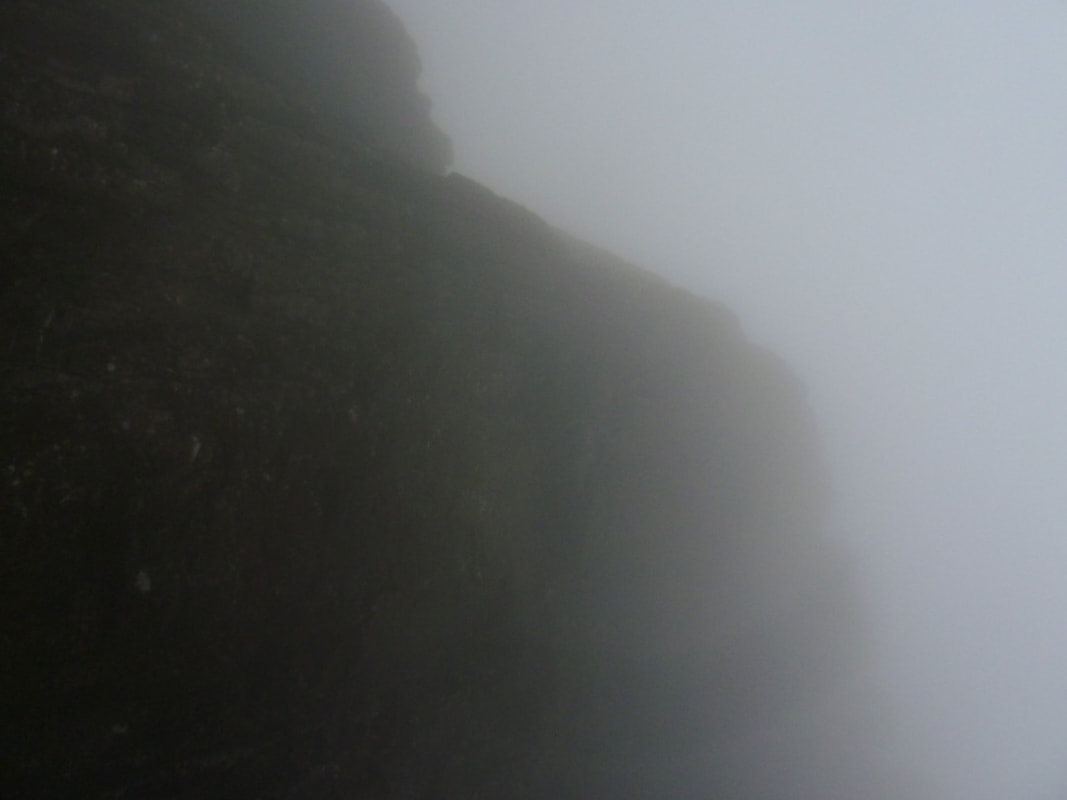
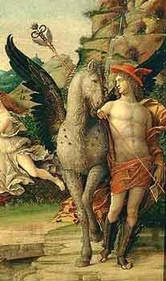
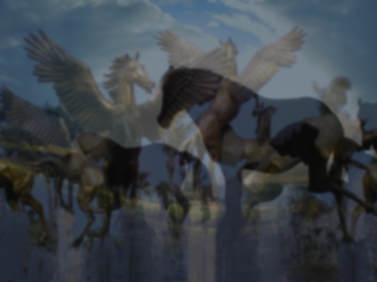
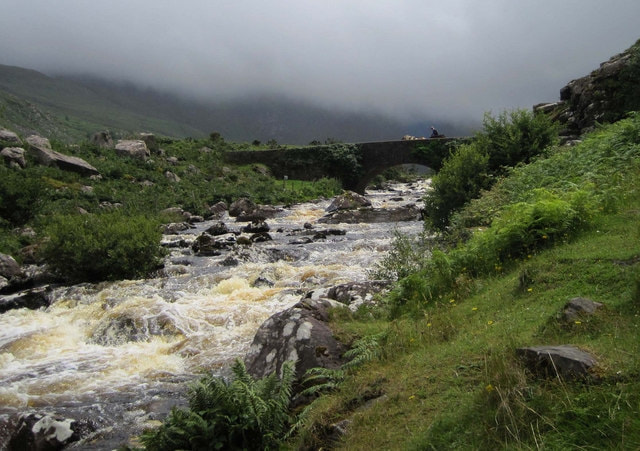
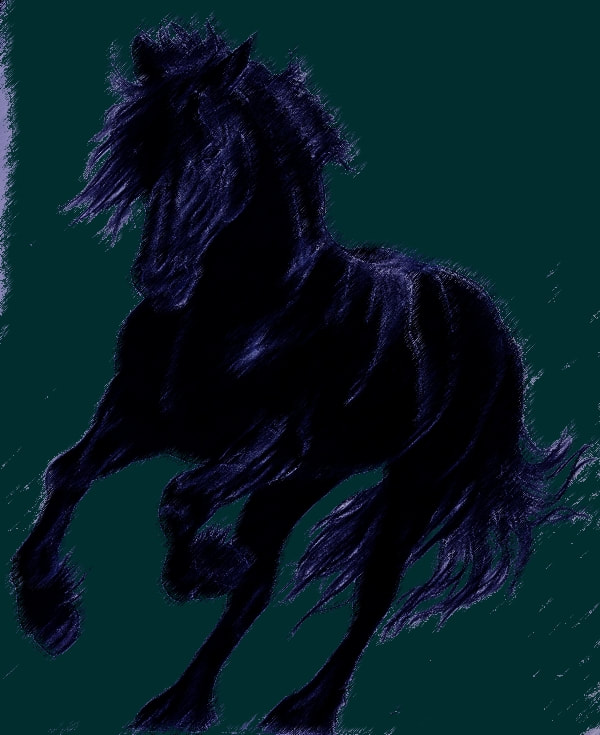
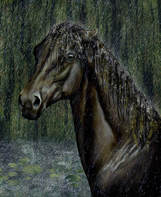
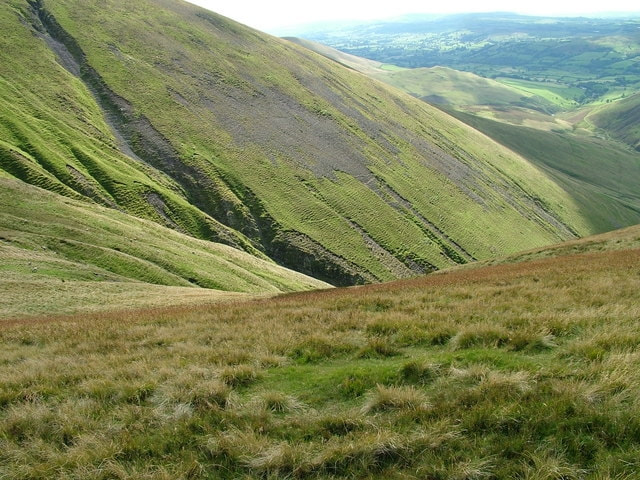
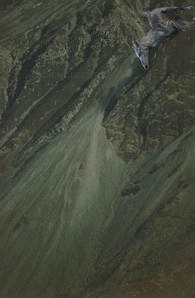
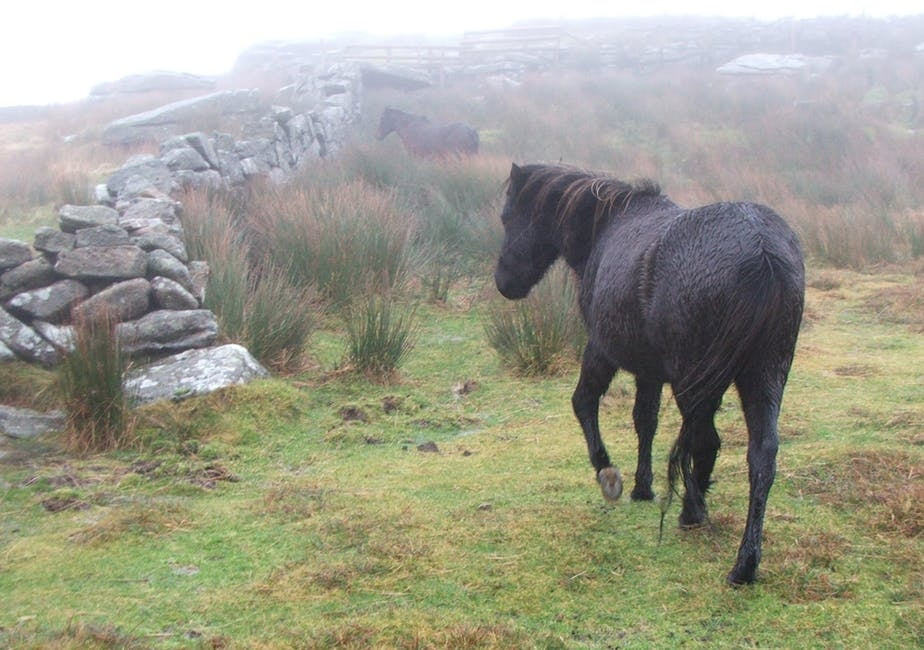
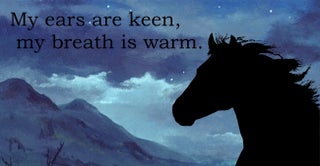

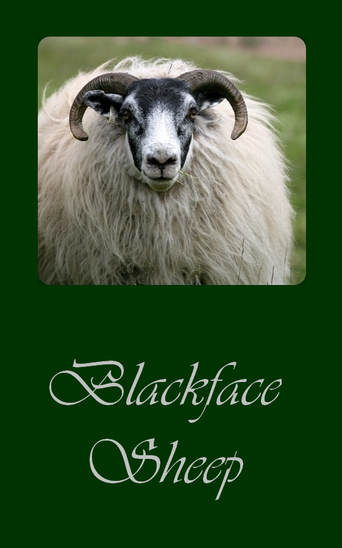
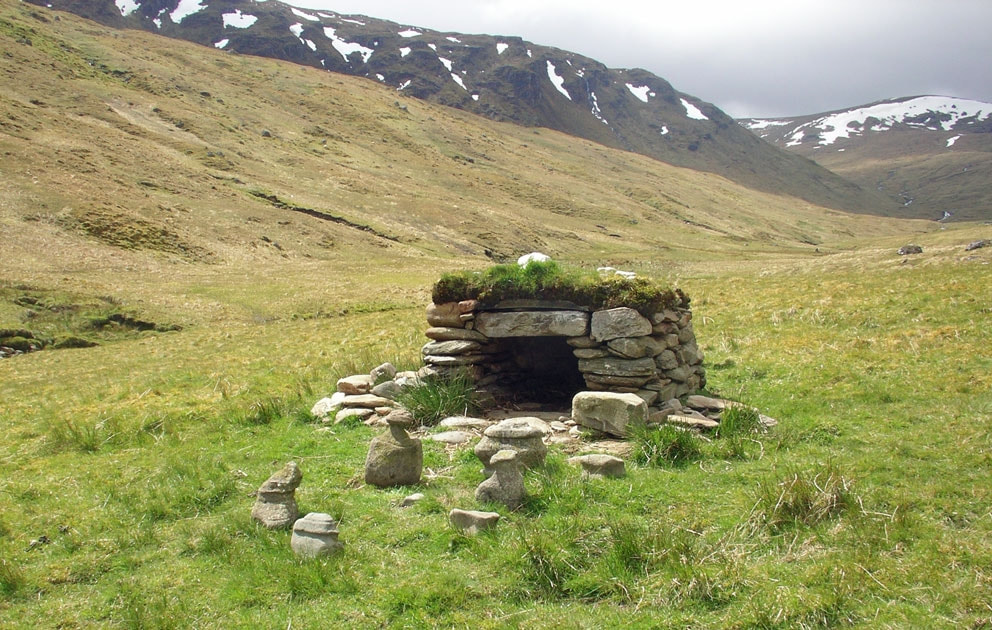
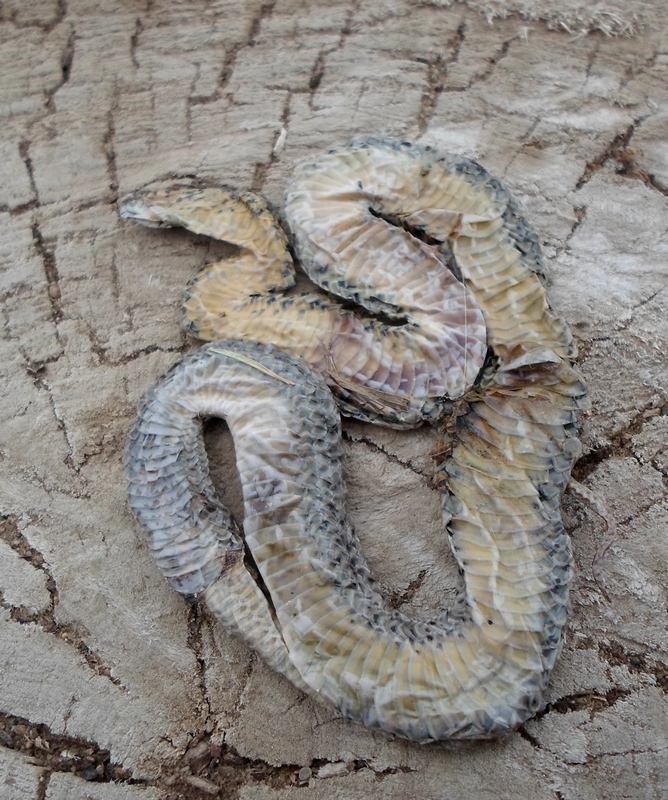
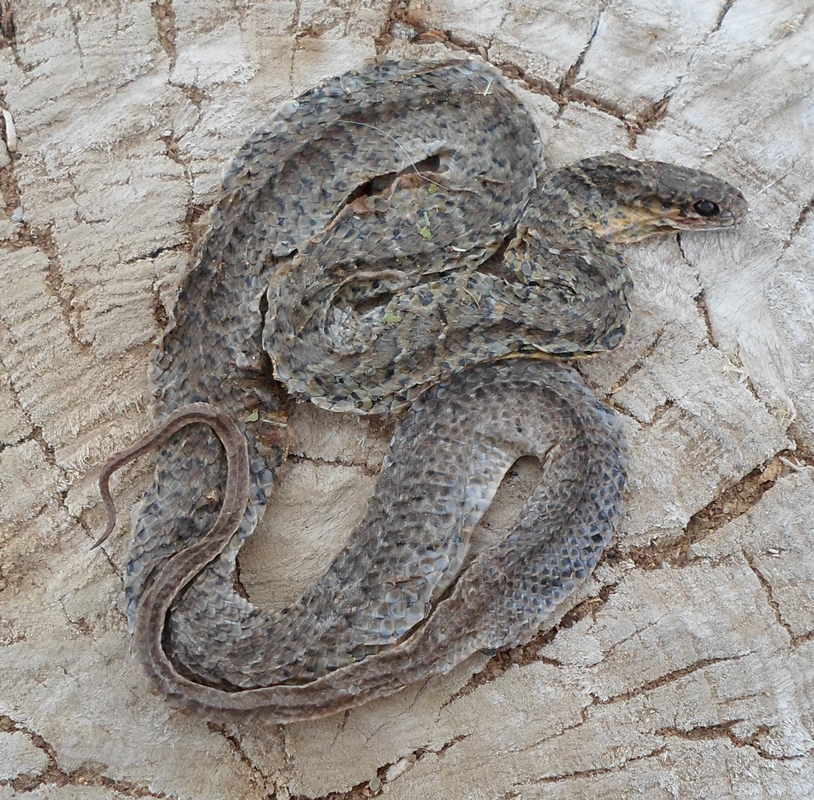


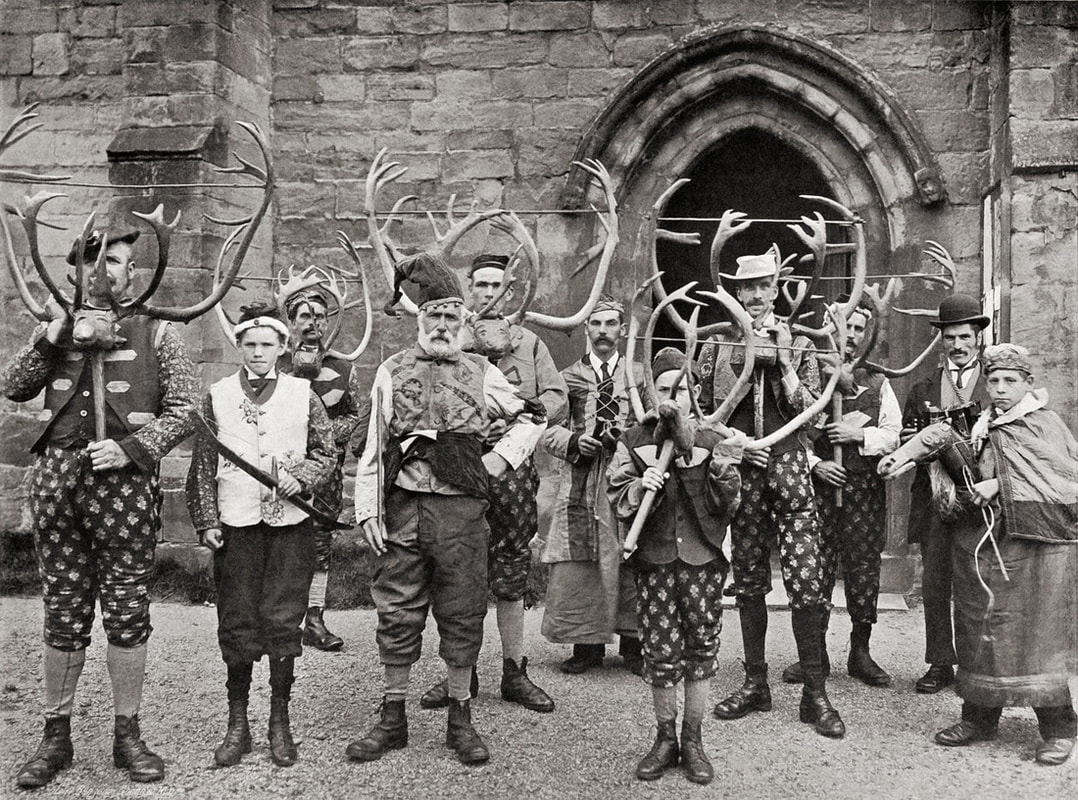

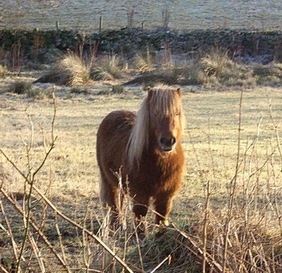
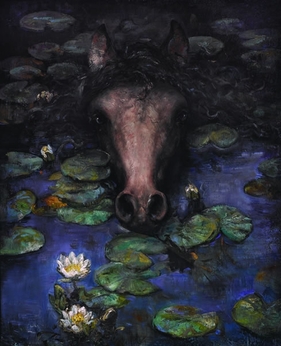
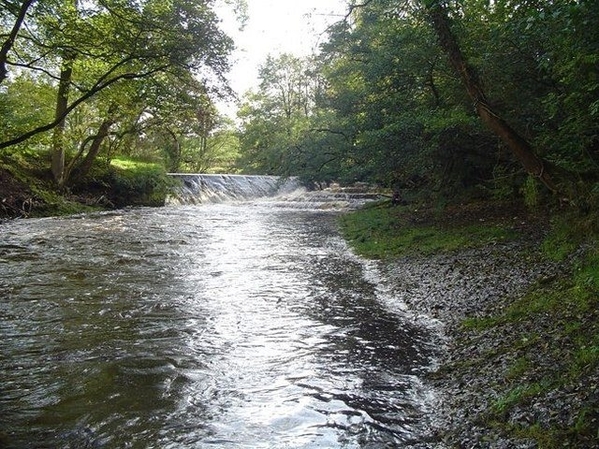
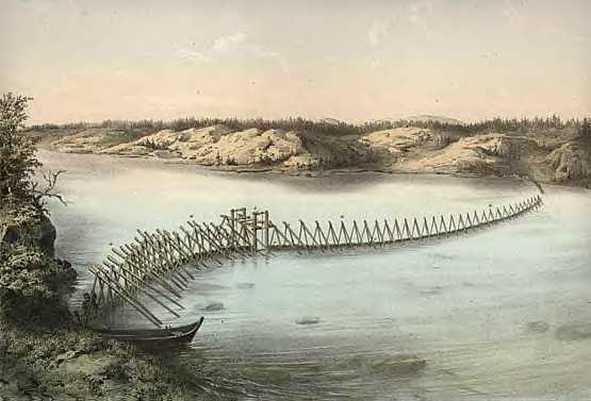
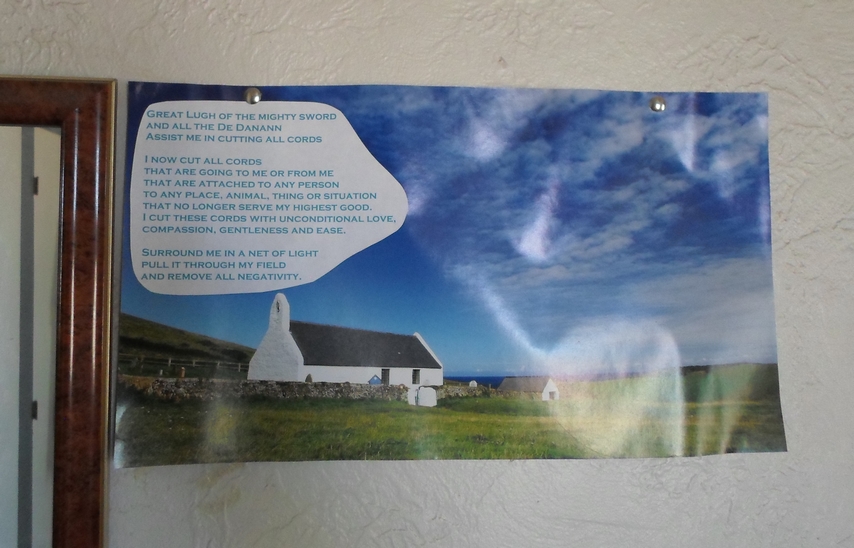
 RSS Feed
RSS Feed


